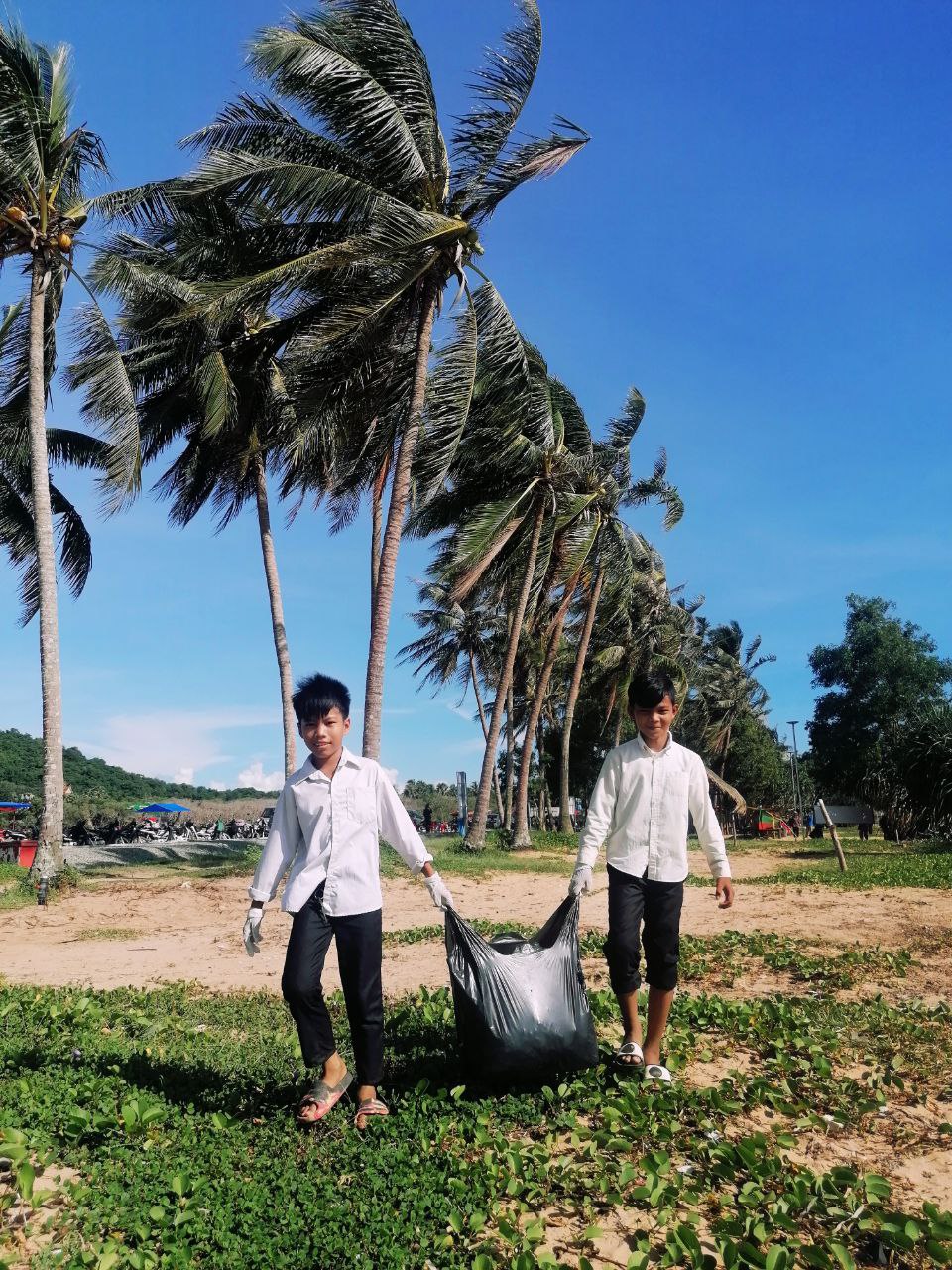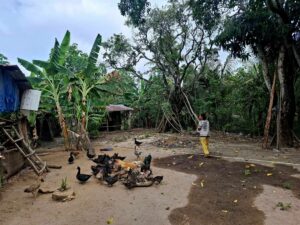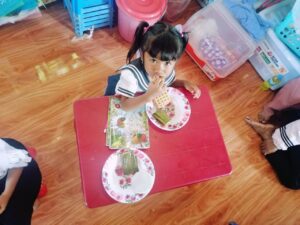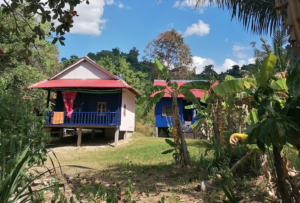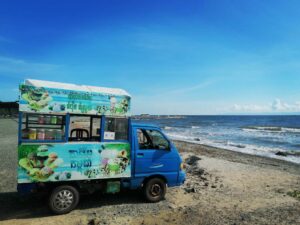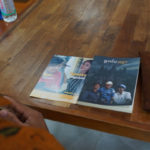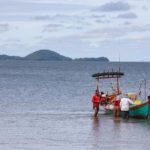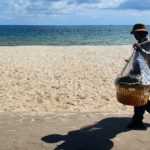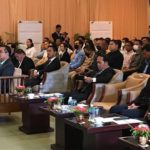The localization agenda, which is a powerful approach to implementing sustainable solutions, is revolutionizing the aid system. Shifting power to underrepresented and/or disadvantaged groups, who have historically had less influence, is essential for providing suitable, long-term and impactful solutions on the ground.
Numerous scholars and practitioners have questioned the traditional thinking that suggests “developing” countries have to follow the lead of “developed” ones. Today, a mainstream approach to development is to advocate for change within the conventional aid system while stressing on the need for local communities to lead change. There is a growing consensus that the power which was long held by international non-governmental organizations (INGOs) should now be transferred to local civil society organizations (CSOs). Recognizing historical injustices, understanding the value of local expertise, and working with humility are all necessary to shift the power.
At Action Education/Aide et Action (AEA), an international or, more honestly, French NGO, our ambition is to empower communities in Cambodia to lead change. Even though we do not formally advocate for localization, we aim for a locally-led development, which is primarily characterized by power redistribution through equitable partnerships and the backing of local initiatives. We typically follow the lead of local and/or national governments, organizations, and communities. Our primary mission, particularly in field offices, is to strengthen local leadership and provide technical and financial assistance to community-led groups.
However, the point of this article is not to engage in “localization-washing.” Let’s be honest: It is not always simple to decentralize power and funding from the Global North so that local actors in the Global South can lead decisions and manage financial resources. Despite the commitments made by several donors and development actors, the sector remains mostly internationally dominated, by policy-makers, donors, and INGOs. Therefore, we must step up our efforts to address the power imbalances that still exist between the so-called “international experts” and grassroots players who are often wrongly perceived as ‘’beneficiaries’’ rather than as ‘’change-makers.’’
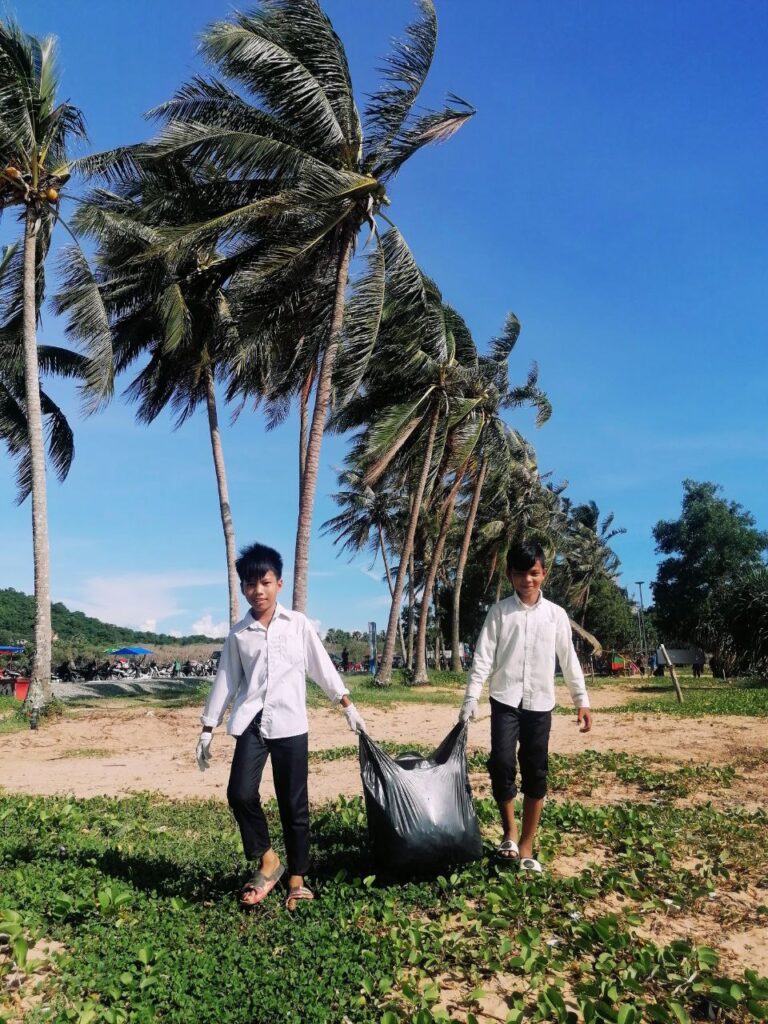
In order to be persuasive, I want to emphasize that changing the balance of power does not mean radically disrupting the aid system. The localization agenda is a slow-moving process that departs from traditional “charity”. The promises made at the 2016 World Humanitarian Summit show it has already started, but there is still a long way to go. This can be difficult at times since localization demands to move away from the Eurocentric mindset that perpetuates inequality. While traditional aid reproduces power asymmetries between the “civilizers” from the Global North and, the “uncivilized” in the Global South, there is a need to address the neo-colonial thinking, terminology and practices in order to overcome their hold on the development sector.
Ideologically, community members need to set the development agenda; otherwise, development aid is neo-colonial, paternalistic and top-down. Pragmatically, the old model – in which decisions are made in Paris and projects are carried out by local partners – is just not the most effective means of fostering sustainable results. We know from our work in the field that supporting community members’ own initiatives make them more enthusiastic and this is, thus, sustainable. The reasoning is rational: CSOs are an integral part of their communities. They are unquestionably the most knowledgeable and in the best position to choose suitable solutions that satisfy their priority needs and core values.
This is the reason why we always try to raise their voices. We adhere to the democratic “Nothing About Us Without Us” principle, which states that decisions should be made with the participation of those whose lives they will affect. We attempt to go beyond the provision of subgrants whenever it is possible, involving community stakeholders and local CSOs in the design, implementation, and monitoring of development projects. AEA builds equitable and inclusive partnerships, for example, by providing our partners – local governments, small companies, entrepreneurs, school staff and community management committees – technical training to strengthen their capacity in the long-term.
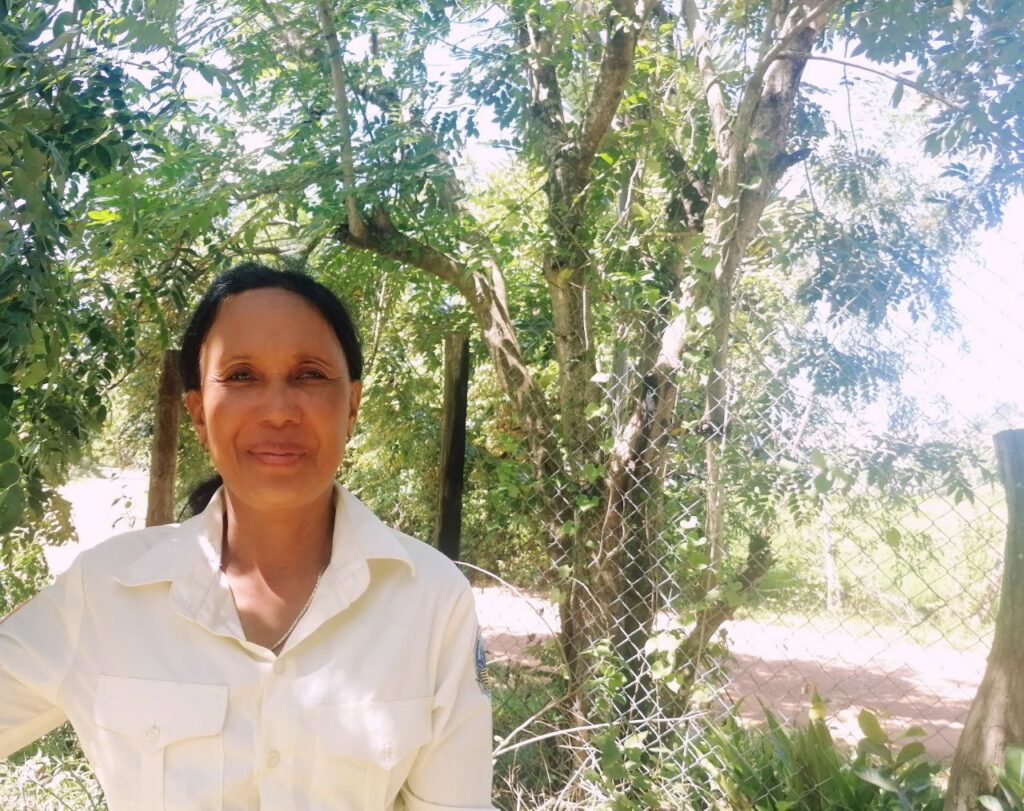
In a system in transition, we work to strengthen local voices, to connect donors and local CSOs, and to support donors be accountable for the commitments they made to the children, youth, and community members participating in our programs. Instead of competing with local organizations for funding, our so-called “international NGO” supports and assists Cambodian CSOs, by increasing their access to funding as well as their power to make decisions, because this leads to solutions that are more suited to the local conditions of the community. Engaging in grassroots initiatives fosters cooperation, which improves efficiency.
Disclaimer: The opinions expressed in this blog post are postcolonial and those of the author. They do not purport to reflect the opinions or views of AEA or its partners.
